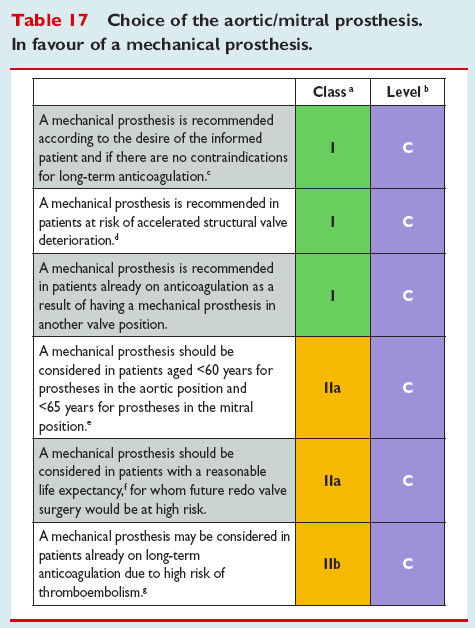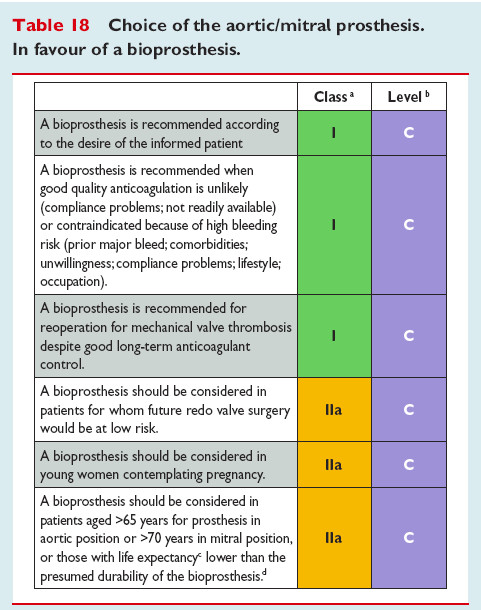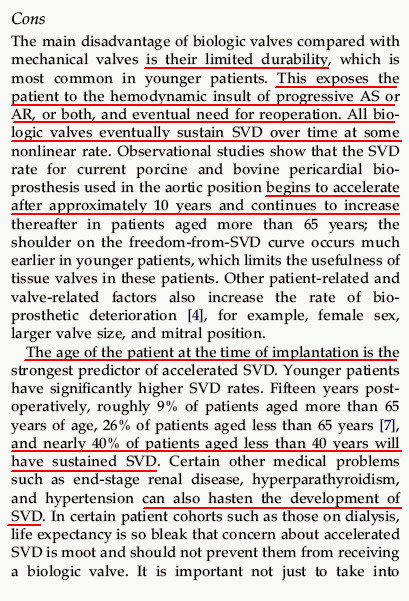Geofd
Well-known member
Hello all,again was recently diagnosed with severe regurgitation,prolapse and flailing???,
This is my mitral valve it's very early in the process, seems like just after being diagnosed, I really started noticing being more tired, and out of breath I do have a very physical job, but something has changed am I just noticing the symptoms, or is it in my head thanks
This is my mitral valve it's very early in the process, seems like just after being diagnosed, I really started noticing being more tired, and out of breath I do have a very physical job, but something has changed am I just noticing the symptoms, or is it in my head thanks







